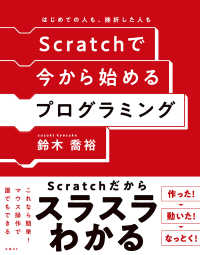Full Description
Despite of the enormous efforts of researchers and clinicians to understand the pathophysiology of falls in older adults and establish preventive treatments, there is still a significant gap in our understanding and treating of this challenging syndrome, particularly when we focus in cognitively impaired older adults.








